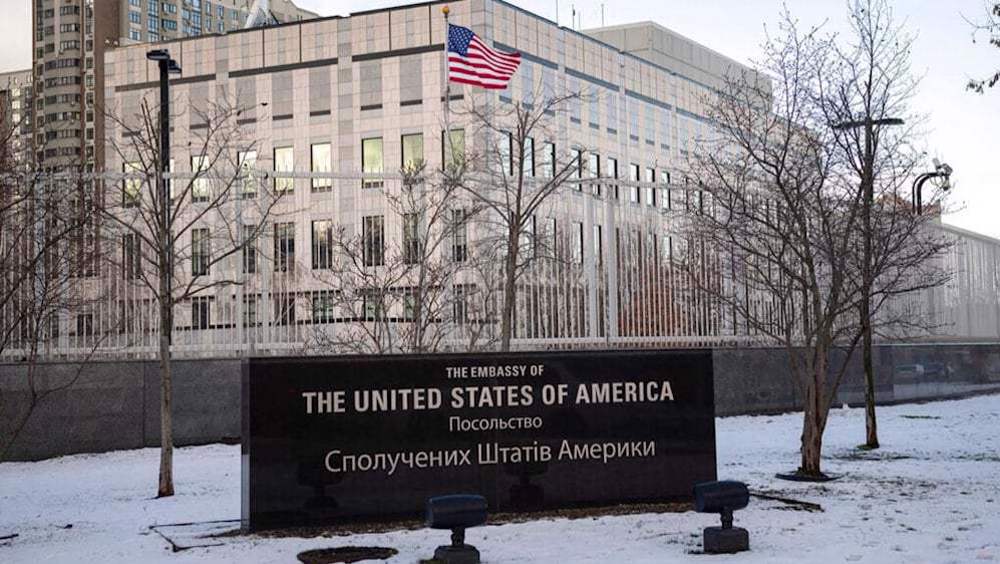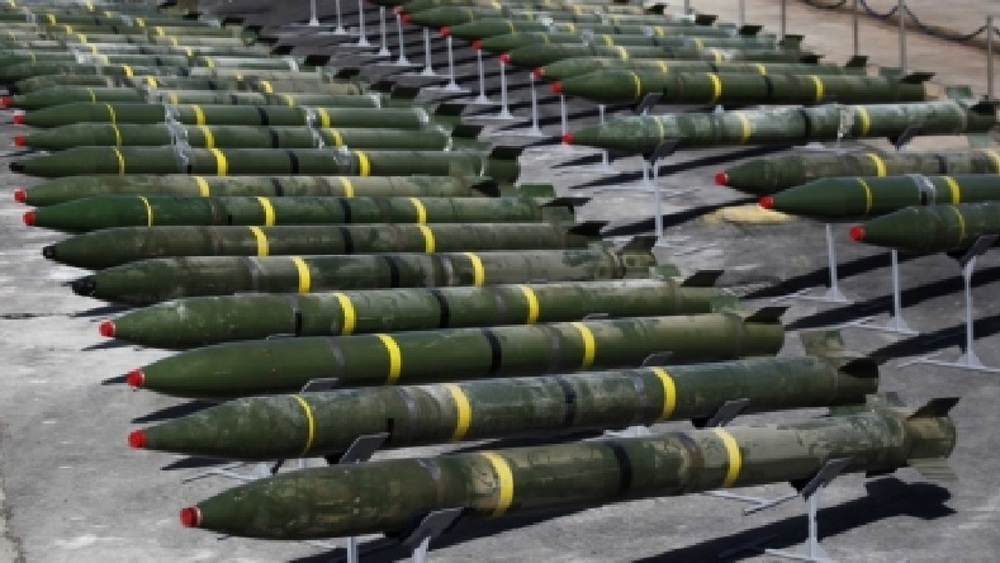Lithuania supplies Ukraine with lethal weaponry
Lithuania has supplied about 150 tonnes of ammunition to Ukraine for the first time since 2014, says a spokesman for the country’s Joint Chiefs of Staff.
The unnamed spokesman told Reuters on Saturday that a day earlier Vilnius had handed over to Ukrainian authorities the ammunition cargo, mostly 5.45 caliber cartridges for various modifications of Kalashnikov AK-47 rifle.
Lithuanian Defense Minister Juozas Olekas said, “We are sending a message to Ukraine that it is not alone.”
“Lithuania has consistently helped Ukraine in its fight for territorial integrity and the defense of its values, and we would like to keep helping as much as we can.”
This is the second time Lithuania, a member of NATO and neighbor of Russia, has supplied Ukraine with lethal weaponry reportedly in an attempt to prevent the conflict in eastern Ukraine from spilling over into the Lithuanian territory.
In April 2015, Russia accused Lithuania of violating the international Arms Trade Treaty as well as agreements of the European Union and Organization for Security and Co-operation in Europe in supplying Kiev with ammunition, a complaint which was sent to the Lithuanian embassy in Moscow but was strongly rejected by Vilnius.
“We have supplied help to the Ukrainian army in small quantities and openly,” said Lithuanian Foreign Minister Linas Antanas Linkevicius at the time, accusing Moscow of having a hand in the conflict and supplying weaponry to pro-Russians in eastern Ukraine. Moscow strongly denies the allegation.
Two months later, Lithuania’s Ambassador to Ukraine Marius Yanukonis reiterated Vilnius’ stance in supporting Kiev through supplying it with ammunition, saying, “We are ready to help Ukraine by all means, especially military.”

Linkevicius on August 29 also called for the EU sanctions on Russia over the conflict in Ukraine to remain as long as the situation on the ground does not improve.
The small Baltic country has also invited injured Ukrainian troops for receiving medical care in Lithuanian hospitals and has sent military instructors to Kiev.
Ukraine has faced diminishing military and financial support from the Western countries over the past year as the United States and governments in Europe say they are not satisfied with the degree of progress Kiev has made in reforming its economy and getting rid of the vested interests that existed before 2014, when a Russian-backed leadership was in power.

People in Ukraine’s Black Sea peninsula of Crimea voted for rejoining the Russian Federation in a referendum in March 2014. The West branded the move as Moscow’s annexation of the territory. The United States and its allies in Europe accuse Moscow of having a hand in the conflict in eastern Ukraine. Russia, however, strongly denies the charges.
In April 2014, the government in Kiev launched the first round of military operations in Ukraine’s eastern regions of Donetsk and Lugansk, which are populated mostly by pro-Russians, to crush anti-government protests there.
Violence decreased after a ceasefire agreement was reached in February 2015. However, sporadic clashes continued.
The crisis in eastern Ukraine has left nearly 9,500 people dead and over 21,000 others injured, according to the United Nations.
Jordan sentences former lawmaker for supporting Palestinian resistance
Basij volunteer forces hold massive drills in southwestern Iran
Israeli war criminals 'not welcome', US city says after ICC ruling
US vetoing of Gaza ceasefire resolution ‘disgraceful’: Iran’s UN envoy
VIDEO | IAEA adopts anti-Iran resolution tabled by E3
VIDEO | Iran's president urges Pope to help end Israel's onslaught in Gaza
Iran's senior legal official: ICC arrest warrant for Netanyahu ‘great victory'
Nov. 21: ‘Axis of Resistance’ operations against Israeli occupation












 This makes it easy to access the Press TV website
This makes it easy to access the Press TV website